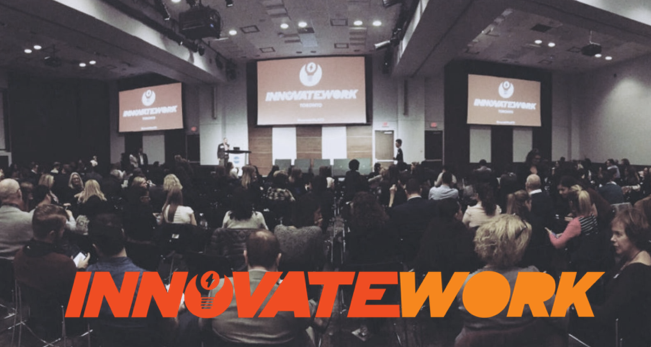
As part of the build-up to the April 16 InnovateWork Toronto summit, panellist Dave Johnston gives his take on the panel topic: Both sides of People Analytics: How to Make it Work and What to Avoid.

Traditional management theory says that the more complete the information, the better the decision. Today, however, we have a plethora of data, but do we really have the information that we need to optimize human resource decision-making? In almost 30 years of management consulting, I have seen hundreds of major organizations who should have the resources and technologies to transform their data into cogent information to support good people decisions, but, many don’t. Why is that?
Analyzing data has many elements that are required for it to be effective for decision-making. Things such as access, timing, completeness, formatting, and integration are all critical factors in data utility. Until recently, the shepherds of the data who exerted control over these elements were in a system function while users while having the content knowledge and typically the decision makers were often told what data they would get and how they would get it. This segregation of function in making decisions in most organizations not only inhibits good decision process but also leads to inappropriate or incorrect decisions being made.
Further, in organizational evolution, particularly in larger more complex entities, people-related decisions are made by different groups; some inline functions (e.g.: scope, and work assignments of the role, performance assessment), others are made corporately (e.g.: compensation) and many are made with the input from more than one source (e.g.: recruitment, promotion). My experience has been that everyone wants to have their voice heard and be involved in the decision, but nobody really wants the ongoing responsibility for managing and administering the data and once decisions have been made.
Decisions about people also are rarely discrete and (excluding termination) final. They involve ongoing inputs, evaluations, investments (managing, training), feedback, and perceptions While many may be linear from a time perspective, people decisions are complex and impact sometimes one, but often many lives. Decisions that affect larger groups of employees are particularly challenging as while the data may indicate one course of action, most decisions will not mollify all of those affected.
To achieve quality analytics and better decisions, there are some perspectives that must be maintained. First it is essential to take a holistic view. Whether it is hiring, promoting, or training or some other initiative, these things do not operate in a vacuum and they impact all the person(s) involved.
A decision on promotion for an employee may have several impacts such as compensation, competency, work-life balance, peer interactions, communications and even job location. These impacts cannot be ignored or segregated. They need to be looked at part of the decision. If there are multiple inputs and participants in this decision, the analytics need to be done in advance and with sufficient lead time to allow decision-makers time to reflect and consider all options and alternatives to the decision.
If we are to manage people as human assets, then we need to make sure that the investments are well considered, incorporating all the data inputs and information that are required to make the “right” decision and that those involved have a consensus on the all the perspectives. Only through good data, good process and good perspective will you get good return on investment.
About The Author
David Johnston is President and CEO of Sales Resource Group Inc. David has a broad international consulting background and offers experience and a participative approach to consulting with clients. He brings with him 20 plus years of experience in working with organizations from diverse fields, such as broadcast media, pharmaceuticals, telecommunications, information technology, retail, manufacturing, membership organizations and financial services. David is a sought-after speaker in the area of sales performance management and organization effectiveness as well as sales compensation. David holds Masters Degrees in Clinical Psychology and Business Administration. He teaches sales compensation for WorldatWork and is a member of The Canadian Professional Sales Association.


